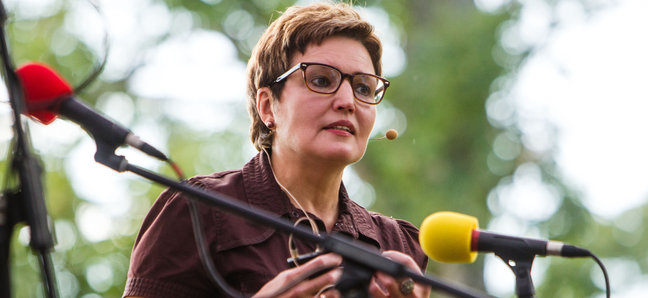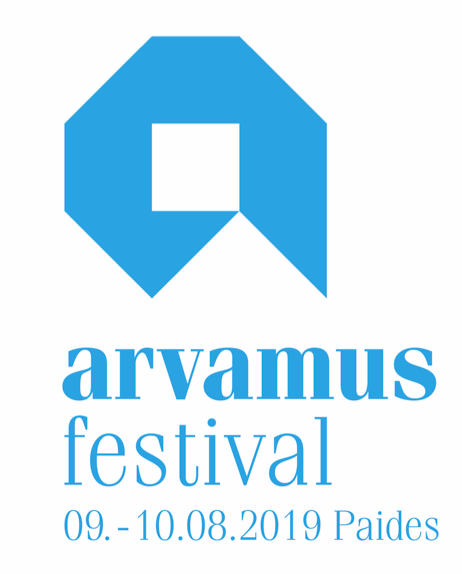
The Festival of Opinion Culture will be held for the third year in a row this year and will kick off the event already on the 30th of May with a discussion day in Narva, bringing a multitude of topics and debates closer to people across the land.
The pre-festival aims to create an environment that would foster socially beneficial projects and new ideas, to develop the discussion and communication culture in Estonia and to inspire people to chip in on matters that affect their daily lives.
There will be several inspirational discussions held on the 30th of May. Eduard Odinets, Irene Käosaar, Kristina Kallas, Triin Ulla and Sergei Sedorenko will ruminate on the status of Russian schools in Estonia. A brainstorming session titled “Searching for the story of Estonia’s future” will attempt to formulate what can the people of Estonia themselves do for the future of their country.
“The Narva festival will focus primarily on the future of Narva’s development,” explained Mall Hellam from one of the most important supporters of the festival – the Open Estonia Foundation. “Well-known speakers Artemi Troitski and Vasja Oblomov will open the day’s discussions with an overview of the situation in Russia from the viewpoint of the cultural elite, hopefully this will serve as a great introduction to an exciting and informative day,” said Hellam.
The program of the actual Festival of Opinion Culture to be held in August in Paide looks just as interesting and varied. There will be discussions on gender roles, civil society, health, business, ethics and a number of other topical issues. One new addition is the unique approach to creating special areas for particular topics.
“We won’t be discussing about education, the environment or economy in general, but aim to identify more specific themes and problems that every discussion area could dissect, highlight and seek solutions to,” explained the festival’s theme area program leader Maiu Uus.
Just like in previous years, the festival will rely on people who dare and want to engage in discussions on topics that have an impact on Estonia. “Previous experience has shown that the festival in Paide tends to attract people who care about this country and wish to be heard. It’s almost like a song festival of thoughts and debates, bringing together a variety of people from different backgrounds,” said Hellam. She added that the festival presents a unique opportunity to meet other people eye-to-eye, to establish contacts, to argue and discuss matters frankly and under one’s own name, and also to gain new insights on expression and debating skills.
Altogether 250 ideas for discussion were submitted to the ideas gathering campaign in February, these will form the foundation for over 30 theme areas. The festival’s full program will be available in the coming weeks.
Translation from Estonian to English: Priit Koff
